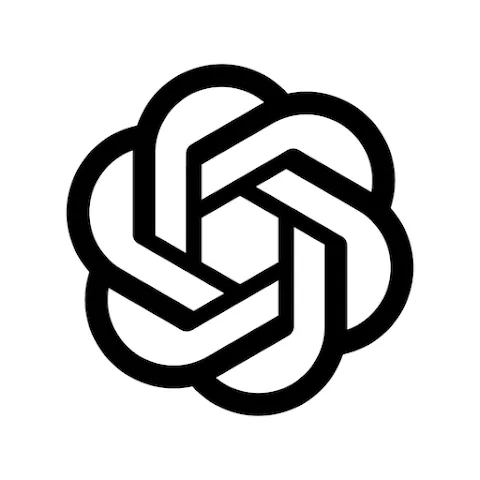
ChatGPT is an advanced conversational AI developed by OpenAI, based on the GPT (Generative Pre-trained Transformer) architecture. It is designed to simulate human-like conversations, provide information, generate creative content, and assist in various tasks ranging from coding to writing. ChatGPT has become increasingly popular across industries, schools, and individual users due to its natural language capabilities and easy accessibility.
ChatGPT is trained on a large corpus of text data and uses deep learning algorithms to understand and generate human-like text responses. It can answer questions, summarize text, translate languages, generate ideas, and even roleplay in conversations. Its underlying model has gone through multiple iterations, including GPT-3, GPT-3.5, and GPT-4, each bringing improvements in coherence, reasoning, and memory.
Using ChatGPT is straightforward:
Web Interface: Visit chat.openai.com, create an account, and start chatting in the input box.
Mobile Apps: Download the official ChatGPT app available on iOS and Android devices.
API Access: Developers can integrate ChatGPT into apps using OpenAI’s API at platform.openai.com.
User-Friendly: Simple and intuitive interface makes it accessible for all users, regardless of technical knowledge.
Productive: Assists in writing emails, articles, code, and brainstorming ideas, boosting productivity.
Available 24/7: Unlike humans, ChatGPT is available around the clock with instant response time.
Multilingual: Supports multiple languages and can translate or generate content in various linguistic styles.
Learning Aid: Helps students understand complex concepts, solve math problems, and prepare for exams.
Not Always Accurate: Sometimes provides incorrect or outdated information, especially if not connected to real-time data.
Lacks Human Emotion: Cannot truly understand feelings, sarcasm, or cultural nuances in a deep way.
Can Be Over-Reliant: Users may depend too much on it for decisions without verifying the facts.
Limited Creativity: While it can generate ideas, its creativity is based on existing patterns, not true innovation.
Privacy Concerns: Sensitive or confidential information shared with ChatGPT may not be completely secure depending on the platform used.
ChatGPT is used in various fields:
Education: Tutoring, summarizing content, solving equations, and language learning.
Business: Drafting emails, generating marketing content, analyzing customer feedback.
Programming: Writing and debugging code, explaining algorithms.
Creative Writing: Story and poetry generation, character development, idea brainstorming.
Personal Use: Daily planning, journaling, fitness and wellness advice, entertainment.
ChatGPT represents a significant leap in artificial intelligence and natural language processing. It empowers users with knowledge, creativity, and automation at their fingertips. However, like all tools, it comes with limitations and should be used thoughtfully. Whether you're a student, professional, developer, or just curious, ChatGPT can become a valuable digital assistant in your daily life.